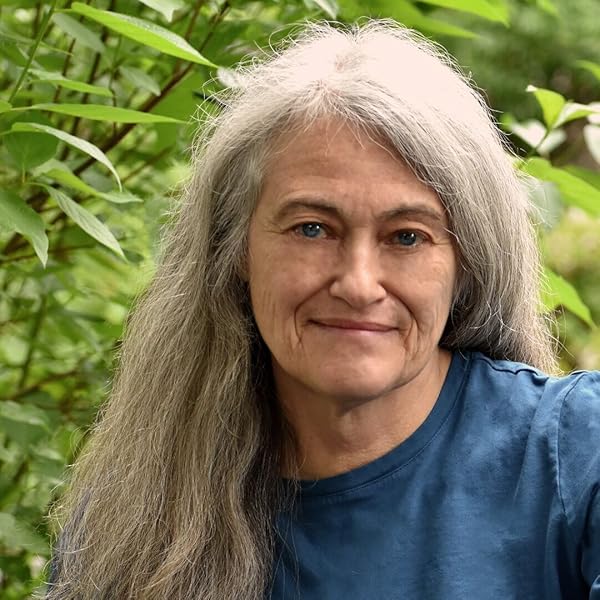Overcoming Trauma and Inequality

A History of Silence follows four women connected through the violent past of one man who are brought together through his murder. Where did the idea for this novel come from?
The novel is based on an experience my co-worker, Sylvia, related to me decades ago when I worked as a developmental editor for the government research institute in Kuwait. I dedicated the book to her in thanks for starting me thinking about a plot to explain what she saw. Without giving away too much of the novel, Sylvia went to the funeral of a murdered male colleague at the college (not in Texas!) where she’d been teaching and noticed what Maddie noticed in the prologue. So, all the narrators sprang from that tale. I originally wrote a draft of this novel while living in Greece in 1985-86, then put it in a closet and went out and pursued my life. When the Covid lockdown started and I decided to retire a bit earlier than I’d planned, it seemed natural to return to that draft and see if I could make it into a compelling novel.
What was your inspiration for the characters and their relationship?
As a sociologist, I have conducted interviews with hundreds of women who lived in homeless shelters. One finding from these interviews was the extensive trauma so many had experienced and the unresolved grief so many carried with them. In addition, in my undergraduate years, it seemed every woman I met had survived sexual trauma. Living in patriarchy is a traumatizing experience for many.
The inspiring Black Lives Matter movement, another type of response to (white male) patriarchy, gained traction just as I began revisions to the manuscript. The organizing slogan of the BLM movement speaks volumes about our unaddressed history — that well into the 21st century, it is still necessary to demand that Black lives matter. It struck me that by making Maddie’s love Roz a Black woman, I could greatly expand my goals for this novel.
Jenny and Jane exemplify two responses to internalized trauma. Liz is the hapless woman conformist. Maddie, a reflective, well-educated lesbian and rejector of patriarchy’s prescriptions for women, is the outsider with a better view of what’s going on. But even she is surprised by and can’t quite fathom Roz’s situation. Roz finds herself mired in circumstances she detests and does not deserve. In that way, she mirrors the history of Black America.
What were some themes that were important for you to explore in this book?
Survivors of misogyny, homophobia and racism often internalize the trauma they experience because of who they are as self-blame and self-hatred. Using Johnny as a metaphor for some of the worst excesses we women experience in patriarchy, I wanted to emphasize the effects of women’s second-class status and the courage it takes to build a life within a system where fair treatment often remains an aspiration. As a sociologist, it’s important to me for readers to recognize that we are all embedded in our history and society and that what is experienced as an individual life event is connected to, often a product of, larger frameworks (such as white male patriarchy). Recognizing our common experience is the first step in changing our society — as the Black civil rights, feminist, and LGBTQ movements have long taught us. If readers take away a sense of the power of mutual support and solidarity in overcoming trauma and inequality, I’d be thrilled and satisfied.
When will book 2 be available? Can you give us an idea of where that book will take readers?
One of the character’s trajectories remains unresolved at the end of the first novel — and it’s the character that murders Johnny. Book 2, entitled Beach of the Dead, takes up where that character’s story leaves off and explores what it takes to find hope, forgiveness, self-worth, and love. Beach of the Dead takes place largely, and ironically, in a tropical paradise imbued with magical realism.
Beach of the Dead will be published by Atmosphere Press in early 2024.
Author Links: GoodReads | Amazon
Johnny Wharton is a history professor and descendant of a Texas “planter family” – a legacy that’s followed him all the way to 1985. Tough-girl Jenny (Johnny’s daughter), runs away to Madison, blotting out her past with distance, drugs, and sex. Her loner lifestyle is upended by her new roommate’s scary insistence on friendship. Emotionally damaged Jane (Johnny’s new graduate student) gives Johnny’s offer of an affair a try, thinking she might manage if it’s furtive and part-time. Maddie (his lesbian colleague) is grief-stricken; her longtime Black lady love Roz left her – inexplicably. Conservatively raised Liz (Johnny’s wife) is desperate to reconnect with her estranged daughter. She’s beginning to realize that Johnny’s past has left unspeakable scars on her family’s present.
As the lives of these four women intertwine in unexpected ways, each learns the past can’t be conquered until it’s confronted, and its secrets revealed – and shared.
Posted on January 22, 2023, in Interviews and tagged A History of Silence, crime fiction, Cynthia J Bogard, fiction, historical fiction, mystery, suspense, thriller. Bookmark the permalink. Leave a comment.



Leave a comment
Comments 0